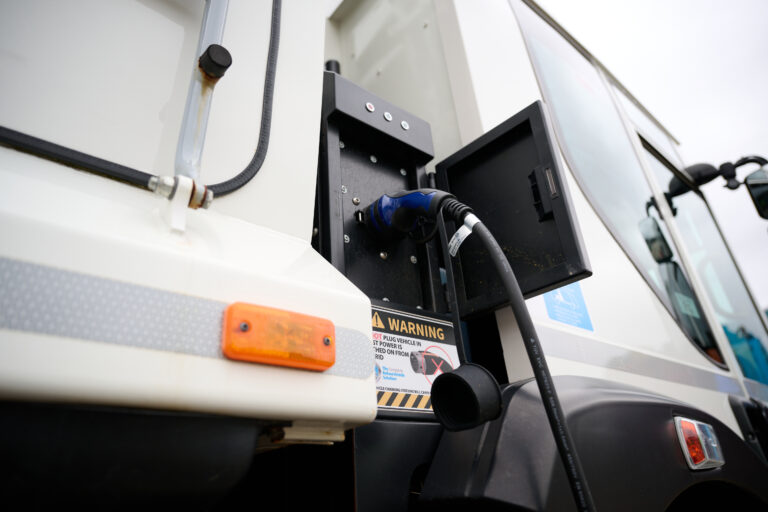In recent years, approximately 300 UK councils have declared climate emergencies, highlighting the urgent need to address carbon emissions, particularly from refuse collection vehicles (RCVs), which are among the largest emitters on UK roads, emitting up to 600g of CO2 per kilometer when fully laden.
Evidence-based electrification decisions facilitate the transition of council vehicles from diesel to electric power. VEV, a provider of fleet electrification solutions, and Whitespace, a software solutions provider for waste collection operations, have jointly called for data-driven approaches to the electrification transition.
VEV announced last month a partnership with public service provider Serco and RVS, an independent refuse vehicle solution supplier, to pilot electric recycling and waste collection vehicles (eRCVs) in the UK county of Hampshire. This pilot scheme aims to demonstrate the operational feasibility and business case for eRCVs in select areas, contributing to the broader goal of reducing carbon emissions in waste management operations.

VEV specializes in turnkey fleet electrification, providing design, build and live operations. Its VEV-IQ software platform translates complex fleet data into electrification solutions, including power requirements and charging infrastructure.
Without proper data analysis and planning, EV transitions risk costly mistakes, such as over-specification of energy demand and charging infrastructure. By using telematics and energy data during the planning stage, the companies suggest fleets can accurately assess factors like vehicle routes, schedules and energy requirements to design bespoke EV configurations.
Mike Nakrani, CEO of VEV, said, “While petrol- or diesel-powered RCVs are efficient at collecting and transporting waste, we must also prioritize leaving behind clean air in the communities that they serve. As part of our work supporting commercial fleets as they electrify, VEV is committed to driving sustainable change with councils as they strive for net-zero commitments and smart spending of taxpayers’ money.
“Every fleet needs a different approach to electrification because every fleet is unique. And data-led planning enables bespoke configuration based on real fleet duty cycles and routes. There’s still time to get it right, and we believe the combination of VEV and Whitespace provides the expert support councils and waste contractors need to make the move to EVs.”
Mark Garvey, CEO of Whitespace, said, “By uniting with VEV to emphasize the significance of data-driven approaches for the electrification of council fleets we hope to empower local authorities to make more informed decisions, benefitting both the environment and operational efficiency.”


